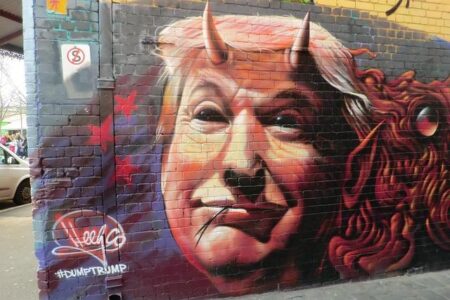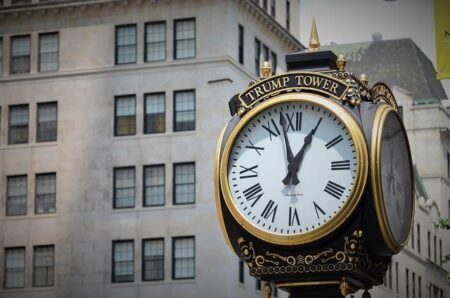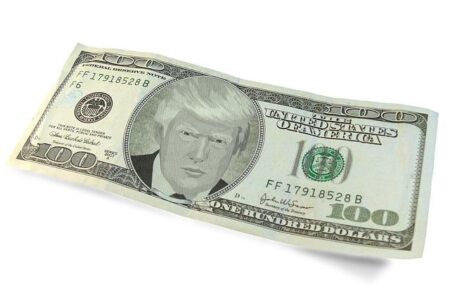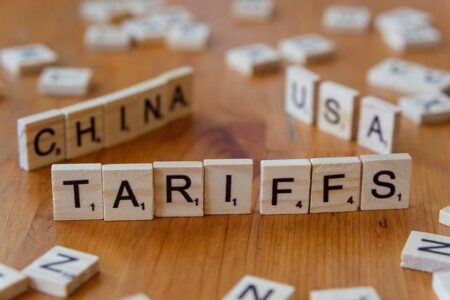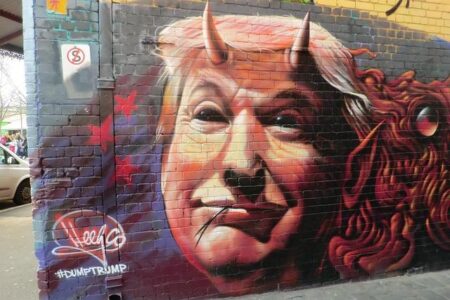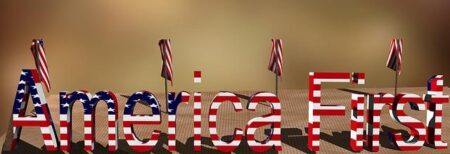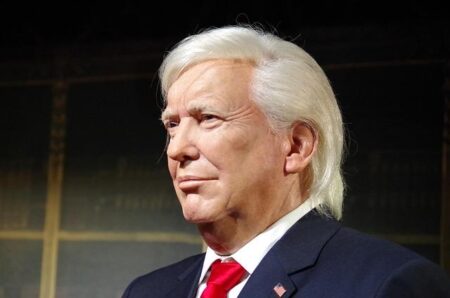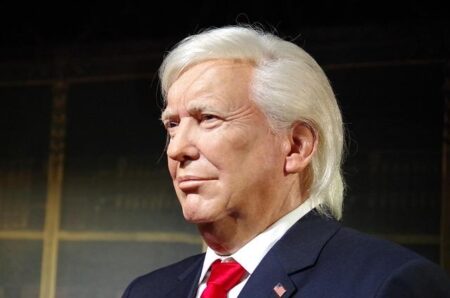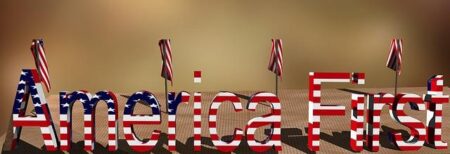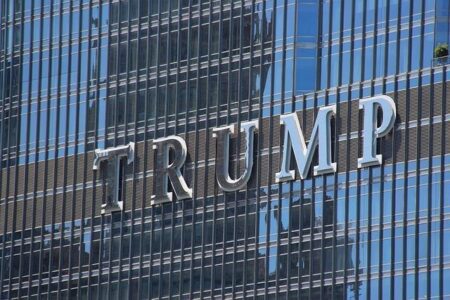Germany’s Friedrich Merz is preparing to meet former President Trump, aiming to sway his stance on Ukraine and U.S. tariffs. This high-stakes visit seeks to ignite a crucial conversation amid escalating transatlantic tensions, Politico.eu reports
Browsing: tariffs
China proudly announces it has fully honored its trade commitments to the US and urges against imposing new tariffs. Instead, it calls for open dialogue to resolve disputes and maintain strong, stable economic relations, Reuters reports
India and the US are gearing up to reignite trade talks, zeroing in on the critical issue of tariffs, a government minister confirmed. This fresh wave of dialogue seeks to resolve long-standing trade disputes and supercharge the economic partnership between the two countries
China is preparing a powerful response after former US President Trump unleashed new global tariffs, intensifying trade tensions. Experts anticipate a mix of bold countermeasures and clever diplomatic moves in the near future
Ford warns of mounting pressure on Trump following SCOTUS decision to strike down tariffs. The automaker says the ruling signals “walls closing in,” intensifying challenges for the former president’s trade policies
Ford sounds the alarm as pressure mounts on Trump after SCOTUS strikes down tariffs. The automaker warns this ruling marks “walls closing in,” escalating hurdles for the former president’s trade agenda
Germany is calling on the EU to stand together with a bold, unified response to US tariffs, highlighting the critical need for a clear and decisive European stance as trade tensions escalate. This urgent appeal reflects growing concerns over the wide-reaching impact on transatlantic economic ties
India has postponed its eagerly awaited trade visit to Washington, citing changes in U.S. tariff policies, a source told CNBC. This delay underscores the dynamic and complex nature of the ongoing trade negotiations between the two nations
JPMorgan’s latest analysis reveals that although Trump’s tariffs are squeezing China, they come with a steep price-burdening American small businesses with soaring costs and complicated supply chains
Canada is bracing for a surge of economic uncertainty as unpredictable new trade measures unfold following a recent U.S. tariff ruling tied to former President Trump’s policies, igniting fresh worries about the future of cross-border commerce
Shadow Resources and Northern Australia Minister Susan McDonald has responded to the US Supreme Court’s decision to overturn President Trump’s tariffs, highlighting the powerful impact this ruling could have on opening new trade and investment opportunities for Australian businesses
The US-India trade deal teeters on the edge as key issues-oil pricing, tariffs, and agricultural exports-stall critical negotiations. Experts caution that with essential details still unresolved, the true impact of the agreement remains clouded in uncertainty
Former President Donald Trump announced bold plans to dramatically cut tariffs on India, following Prime Minister Narendra Modi’s strategic move to halt Russian oil imports-marking a significant leap forward in US-India trade relations
India and the EU have launched a groundbreaking Free Trade Agreement set to turbocharge economic ties, especially as US tariffs climb under the Trump administration. This landmark deal unlocks exciting new markets and strengthens their strategic partnership like never before
FTI Consulting uncovers how Brazil’s savvy tariff strategies are supercharging export diversification, slashing reliance on traditional commodities, and igniting explosive growth in dynamic new industries
Former President Donald Trump has issued a stark warning to Canada, threatening to slap 100% tariffs in retaliation for its new trade deal with China. This bold declaration ramps up the already fierce trade tensions, CBS News reports
Former President Trump has fired a warning shot at Canada, threatening to slap 100% tariffs in response to its new trade deal with China. This daring move is heating up tensions between the neighboring countries and raising fresh concerns about the future of North American trade relations
Former President Trump has issued a striking warning to Canada, threatening to slap 100% tariffs over its trade agreement with China. He warned sharply, “China will eat Canada alive.” This bold stance escalates the already fierce tensions in the ongoing US-China trade war
Former President Donald Trump has issued a bold warning: if the U.S. proceeds with a trade deal with China, he will impose a staggering 100% tariff on Canadian goods, escalating tensions between these longtime allies, according to upi.com
Former U.S. President Donald Trump has delivered a powerful warning to Canada: if you move forward with a trade deal with China, be prepared for 100% tariffs. This striking declaration escalates the fierce economic battle between the U.S. and China, turning up the heat in global trade tensions
A senior Trump aide has teased the potential removal of the 25% tariffs on Indian goods, igniting new hope for a breakthrough in easing trade tensions between the US and India, NDTV reports








